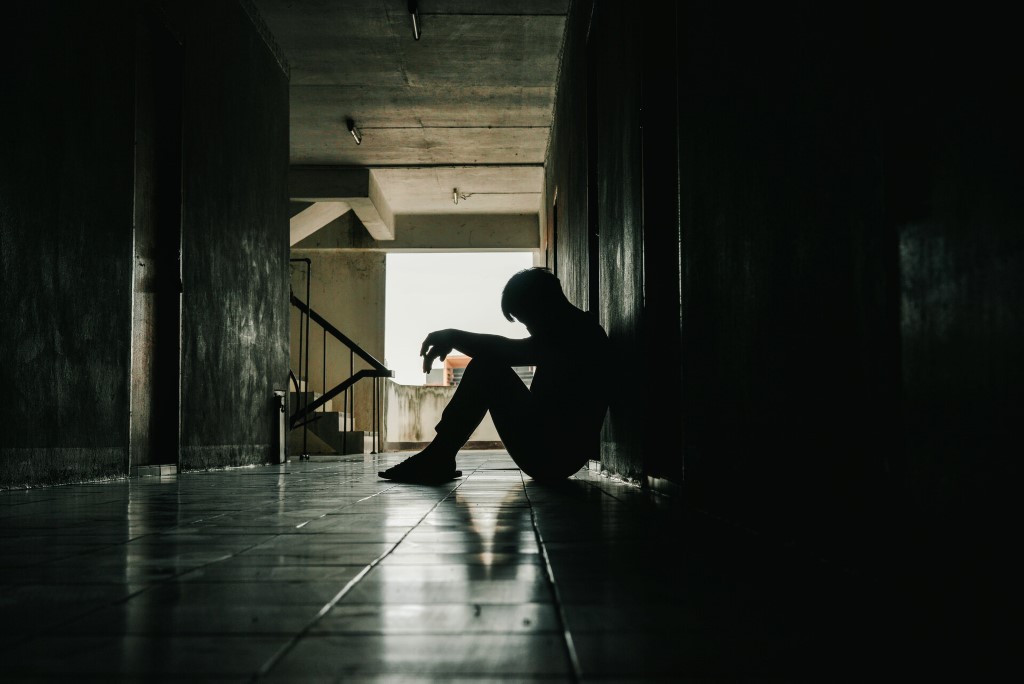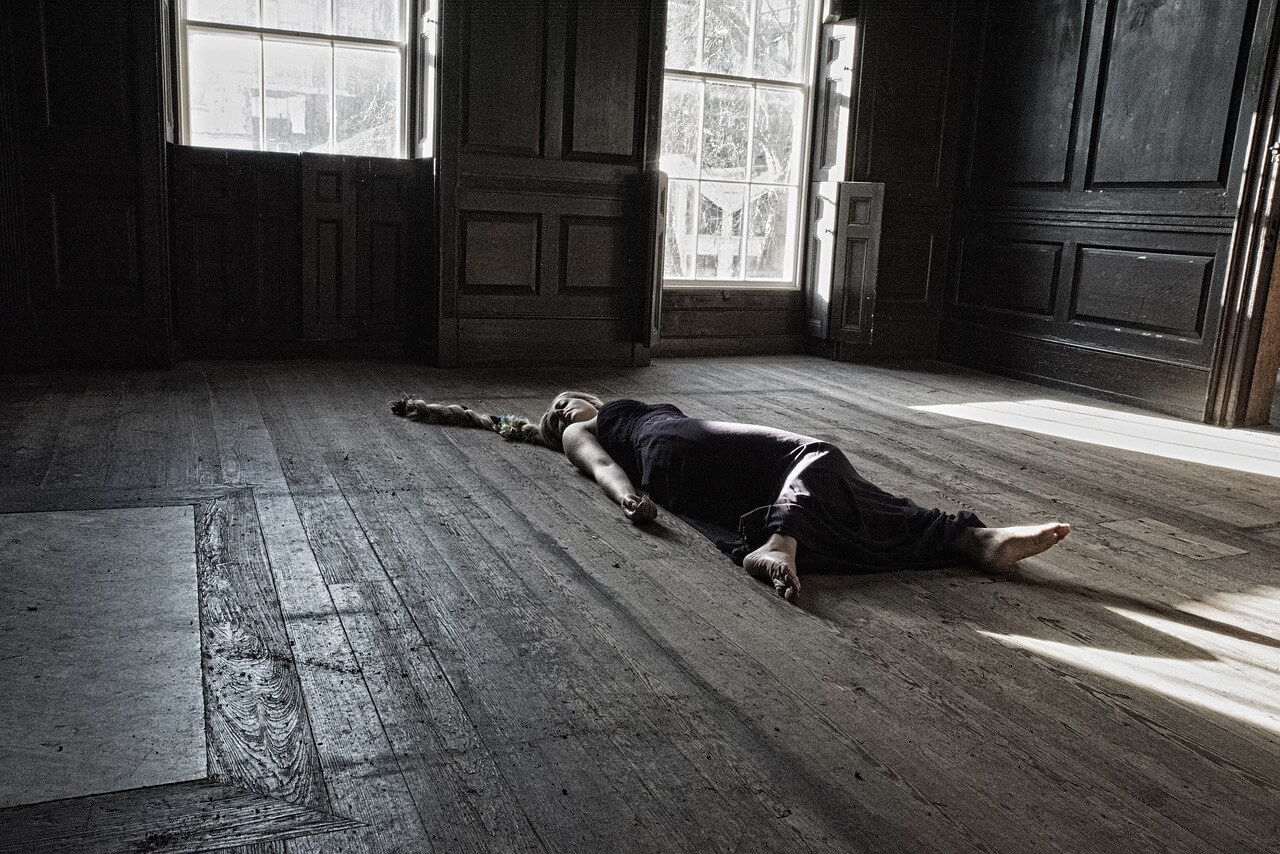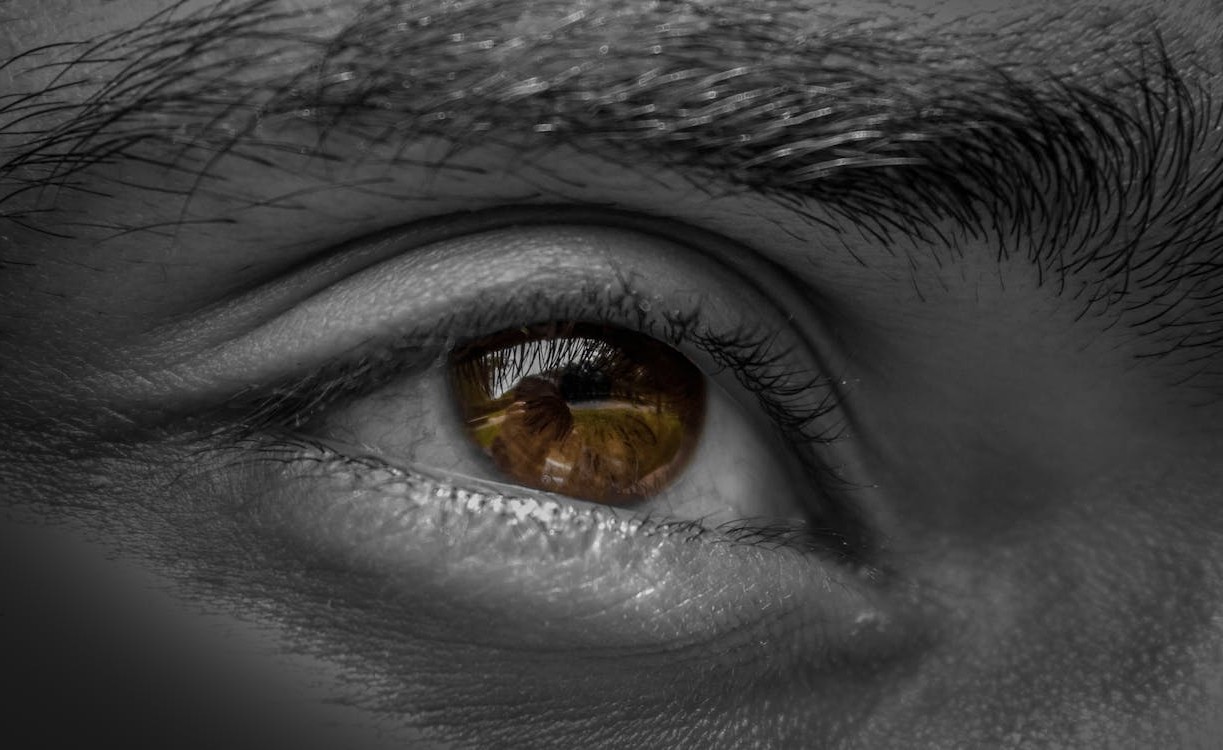Women and Alcohol: Understanding the Risks and How to Get Help
Drinking too much can be particularly dangerous for women. Recognizing the hidden risks and understanding how alcohol affects women differently is the first step toward managing alcohol use and seeking help.
The Hidden Risks of Drinking
Women are more vulnerable than men to the effects of alcohol, even at lower consumption levels. Heavy drinking increases the risk of health problems such as liver disease, brain damage, and breast cancer. While women are just as likely as men to recover from alcohol dependence, they often face more challenges in accessing help.
Unique Alcohol Risks for Women
Women across various cultures enjoy alcohol for many reasons—celebrating special occasions, feeling more sociable, or unwinding with loved ones. While many women drink responsibly, alcohol poses unique risks for all women. Women are more likely to develop alcohol-related diseases and face the consequences of drinking sooner than men, even with lower consumption levels.
Women often use alcohol to self-medicate for issues like depression, anxiety, and stress. Drinking more than moderate amounts (over seven drinks a week) increases the risk of accidents, injuries, cancer, hypertension, stroke, and suicide. Elevated drinking rates also increase the likelihood of alcohol abuse or dependence.
Health Consequences of Alcohol Abuse in Women
Women who abuse or depend on alcohol face heightened risks compared to men:
- Liver Disease: Higher likelihood of developing alcoholic liver disease, such as hepatitis, and a greater risk of dying from liver cirrhosis.
- Brain Damage: Increased risk of alcohol-induced brain damage, including loss of mental function and reduced brain size.
- Other Health Issues: Increased risk of osteoporosis, falls, fractures, premature menopause, infertility, miscarriages, high blood pressure, and heart disease.
Alcohol and Breast Cancer
Alcohol consumption can raise a woman’s risk of developing breast cancer. Each additional 10 grams of alcohol (about one 4-ounce glass of wine) per day increases the lifetime risk of breast cancer by approximately 10%.
For instance:
- A woman who drinks no alcohol has a lifetime breast cancer risk of nearly 9 in 100.
- Two drinks per day increase the risk to just over 10 in 100.
- Six drinks a day raise the risk to about 13 in 100.
Increasing Alcohol Consumption Among Women
Trends show that more women, particularly white, employed women, are drinking greater amounts of alcohol more frequently. This increase may reflect a growing comfort in discussing drinking habits.
Social Stigmas Are Fading
Historically, women have felt greater shame about drinking and getting drunk than men. However, among younger women, this stigma is fading. Although men are still more likely to drink and binge drink, women are drinking more than they did in the past. This trend is concerning, given that binge drinking increases health risks and the likelihood of unwanted sexual activity.
Risky Drinking
A standard drink is defined as:
- One 12-ounce bottle of beer or wine cooler.
- One 5-ounce glass of wine.
- 1.5 ounces of 80-proof distilled spirits.
For women, moderate drinking is no more than seven drinks a week and no more than three on any given day. However, individual factors such as weight, health, genetic makeup, and age can affect how much alcohol a woman can safely consume. Drinking even one alcoholic drink per day may increase health risks, especially for older women and pregnant women.
Why Women Are More Sensitive to Alcohol
Several biological factors make women more vulnerable to alcohol’s effects than men:
- Body Fat: Women have less water and more fatty tissue, which retains alcohol, keeping it in the body longer.
- Enzymes: Women have lower levels of enzymes that metabolize alcohol, leading to higher absorption in the bloodstream.
- Hormones: Hormonal changes can affect how women metabolize alcohol.
These factors explain why women become intoxicated more quickly and suffer adverse effects from smaller amounts of alcohol.
Abuse and Alcohol Use
Sexual or physical abuse can predispose individuals to alcohol and drug problems. Women, being more likely victims of childhood sexual abuse, are disproportionately affected. Women who have been abused are more likely to drink, have alcohol-related problems, or become dependent on alcohol.
Alcohol is also a major factor in violence against women, contributing to many rapes and domestic violence incidents.
Drinking During Pregnancy
Alcohol consumption during pregnancy can cause birth defects and is the leading preventable cause of mental retardation in the U.S. Alcohol passes through the placenta to the fetus, where it breaks down slowly, causing prolonged high blood alcohol levels.
Any amount of alcohol can harm a developing fetus, particularly during the first and second trimesters. Therefore, women are advised to avoid alcohol entirely during pregnancy.
Risks to Offspring Include:
- Low birth weight
- Facial abnormalities
- Problems with eating, sleeping, and learning
- Behavioral issues
- Special education and medical care needs
Overcoming Barriers to Help
Women are less likely to seek specific help for alcohol problems. They are more inclined to consult primary care practitioners or mental health counselors instead of entering alcohol treatment programs.
Barriers to Help Include:
- Childcare Access: Women need suitable childcare services to undergo treatment and may fear losing custody of their children.
- Economic Challenges: Women often face economic barriers, such as lower-paying jobs with limited flexibility.
- Mental Health Disorders: Women are more likely to suffer from mood, anxiety, and eating disorders that may need simultaneous treatment with alcohol issues.
- Need for Women-Only Programs: Some women benefit more from women-only programs, especially those who have suffered abuse.
Women and Men Are Equally Capable of Recovery
Women are just as capable of recovering from substance abuse as men. While women face unique challenges, they can achieve recovery with the right support and treatment.
Understanding the unique risks women face with alcohol consumption and the importance of seeking help can guide women and their families in managing alcohol use effectively.















